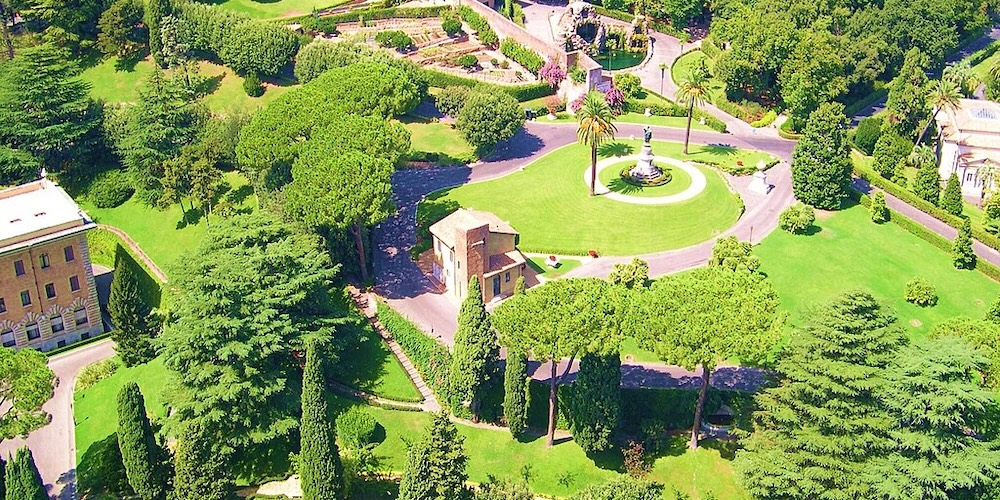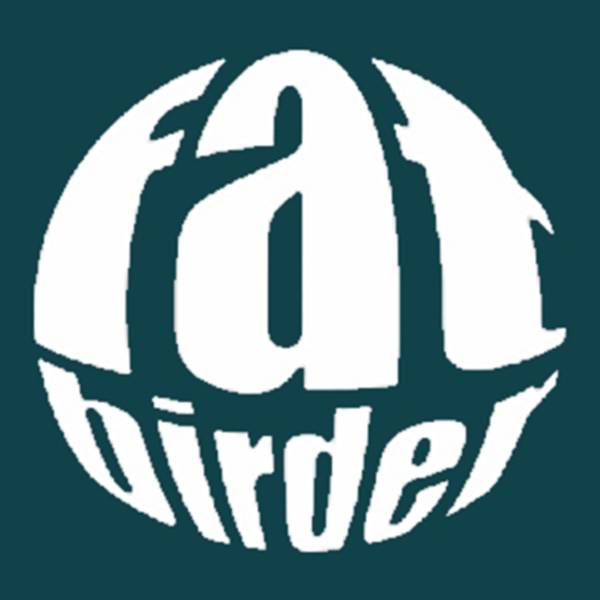Vatican City State

Vatican City is a landlocked country, city-state, microstate, and enclave surrounded by, and historically a part of, Rome, Italy. It became independent from Italy in 1929 with the Lateran Treaty, and is a distinct territory under ‘full ownership, exclusive dominion, and sovereign authority and jurisdiction’ of the Holy See, which is itself a sovereign entity under international law, maintaining the city-state’s temporal power, governance, diplomatic, and spiritual independence.
With an area of 49 hectares (121 acres) and a population of less than 1000, it is the smallest sovereign state in the world both by area and by population. It is also among the least populated capitals in the world. As governed by the Holy See, Vatican City State is an ecclesiastical or sacerdotal-monarchical state ruled by the Pope, who is the bishop of Rome and head of the Catholic Church. The highest state functionaries are all Catholic clergy of various origins. After the Avignon Papacy (1309–1377) the popes have mainly resided at the Apostolic Palace within what is now Vatican City, although at times residing instead in the Quirinal Palace in Rome or elsewhere.

Vatican Gardens – ©Marek69, CC BY-SA 3.0 via Wikimedia Commons
Vatican City’s climate is the same as Rome’s: a temperate, Mediterranean climate one with mild, rainy winters from October to mid-May and hot, dry summers from May to September. Some minor local features, principally mists and dews, are caused by the anomalous bulk of St Peter’s Basilica, the elevation, the fountains, and the size of the large paved square.
Within the territory of Vatican City are the Vatican Gardens, which account for about half of its territory. The gardens, established during the Renaissance and Baroque era, are decorated with fountains and sculptures. They cover approximately 23 hectares (57 acres). It has a variety of trees, and is rather like an inner city park, but rather less disturbed. The highest point is 197 feet above mean sea level. Stone walls bound the area in the north, south, and west.
Birding The Vatican
Vatican City, despite its small size, supports a variety of wildlife, including birds like pigeons, gulls, and Ring-necked Parakeets, as well as migratory species like swifts Pallid & Common), Barn Swallows, and various warblers including Blackcaps and Sardinian Warblers. Bothe Peregrine and Kestrel have nested on the Vatican’s buildings.
A surprising number have been spotted in St Peter’s Square by visitors alongside the ubiquitous Rock Doves.
-
Number of bird species: 102
(As at April 2025)
-
Avibase
PDF ChecklistThis checklist includes all bird species found in Vatican , based on the best information available at this time. It is based on a wide variety of sources that I collated over many years. I am pleased to offer these checklists as a service to birdwatchers. If you find any error, please do not hesitate to report them. -
E-Bird
PDF ChecklistThis checklist is generated with data from eBird (ebird.org), a global database of bird sightings from birders like you. If you enjoy this checklist, please consider contributing your sightings to eBird. It is 100% free to take part, and your observations will help support birders, researchers, and conservationists worldwide.
-
Birds of Europe, North Africa, and the Middle East
| Photographic Guide | By Frédéric Jiguet & Aurélien Audevard | PUP | 2017 | Paperback | 447 pages, 2200 colour photos, colour distribution maps | ISBN: 9780691172439 Buy this book from NHBS.com -
Collins Bird Guide
| By Lars Svensson | Harper Collins | Edition 3 | 2023 | Paperback | 478 pages, 4000+ colour illustrations, 700 colour distribution maps | ISBN: 9780008547462 Buy this book from NHBS.com

Collins Bird Guide
AndroidThe Collins Bird Guide App provides everything you need to identify a species quickly and learn about it thoroughly.
Collins Bird Guide
Apple iOS |Collins Bird Guide 4+ A field guide to Europe NatureGuides Ltd. Designed for iPadSightings, News & Forums-
eBird
SightingseBirding This Month
Fatbirder - linking birders worldwide...
Skip to content
